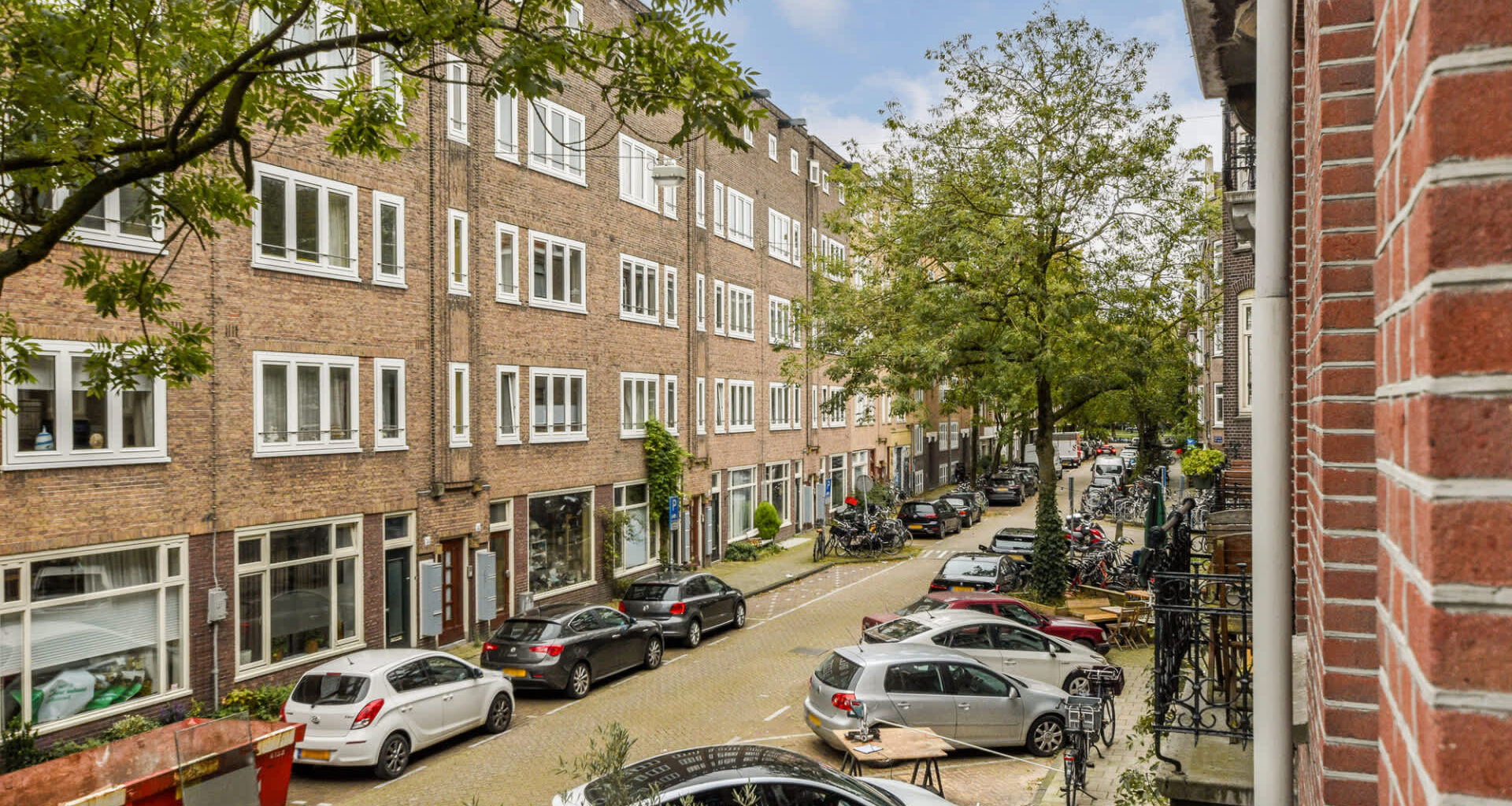We all know that exercise is good for your heart. However, according to a new study presented at the European Society of Cardiology, it isn’t just a matter of willpower; where you live can also influence your choices, Health reported.
Researchers studied over 3 million Dutch adults 40 and older with no history of cardiovascular disease for 11 years. They rated how walkable each participant’s neighborhood was, including how it changed over time, and noted whether the participant developed heart problems over the course of the study.
Those who lived in the least walkable neighborhoods had a 5% greater risk of developing heart disease within the 11-year study period than those in the most walkable neighborhoods, researchers found.
“The findings suggest that neighborhood design plays an important role in cardiovascular health,” Jun Wu, Ph.D., professor of environmental and occupational health at the University of California, Irvine, told Health.
That’s not surprising. Walkable neighborhoods — those with high population density and easily accessible shops, services, and public transportation — encourage people to get out of the house on foot or by bike, while less walkable neighborhoods involve longer travel distances and encourage the use of a car.
Even small amounts of exercise, such as walking home with your groceries instead of driving, can make a notable difference in heart health. Factor many such small exercise opportunities into your daily routine, and a walkable neighborhood becomes like a healthy heart training center.
That’s in addition to the environmental benefits; more walking and less car use means less air pollution.
One interesting finding from the study was that residents whose neighborhoods started with a low walkability score but improved over time were still more likely to develop heart disease. Researchers attributed that to the sedentary habits formed earlier in life.
“These data reinforce the importance of developing healthy habits like routine exercise early on in life, and continuing to exercise throughout the course of the adult lifespan in order to reduce your risk of developing cardiovascular disease,” William Cornwall, M.D., associate professor of cardiology at the University of Colorado Anschutz Medical Campus, told Health.
Join our free newsletter for good news and useful tips, and don’t miss this cool list of easy ways to help yourself while helping the planet.
